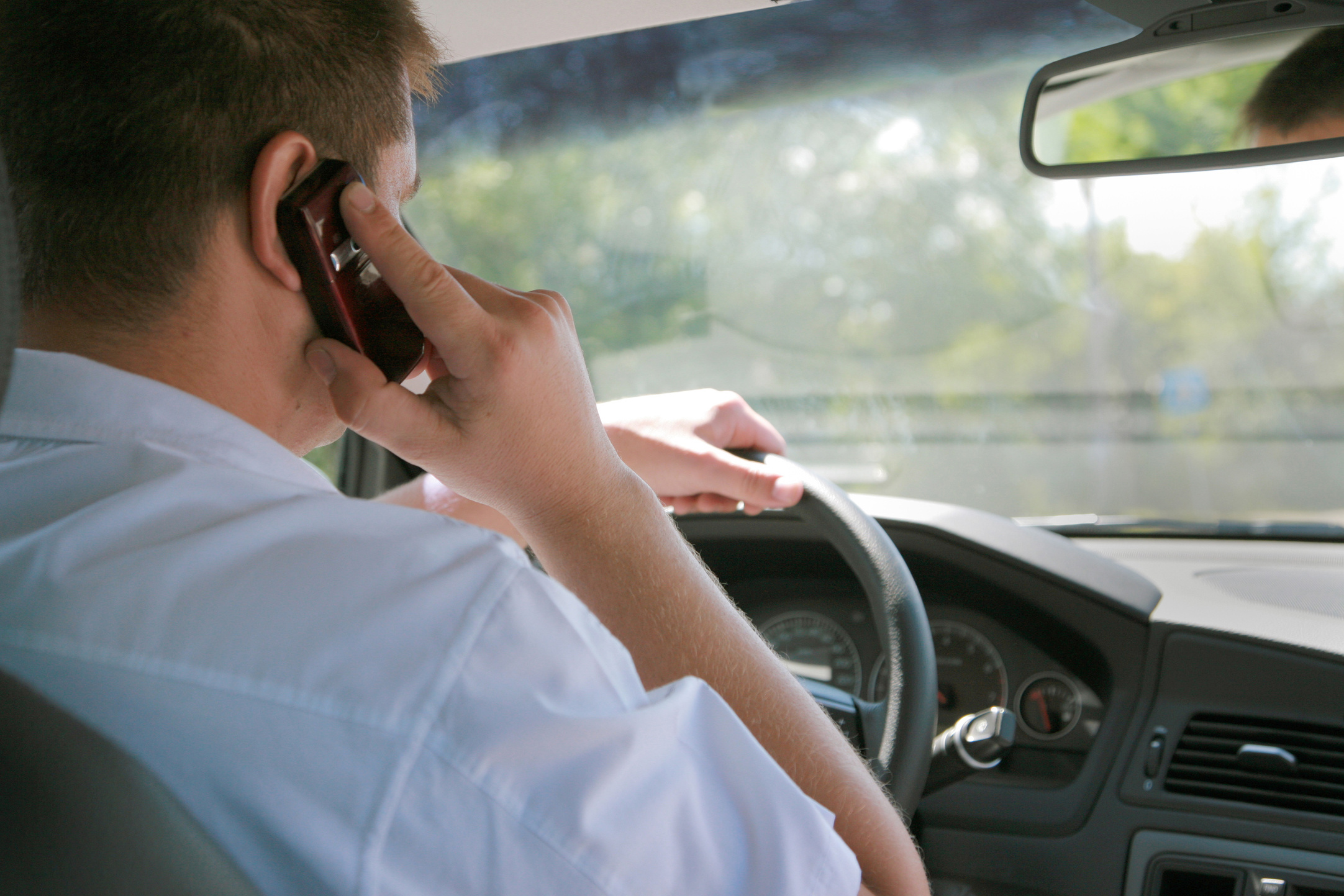'Supertaskers' can safely use mobiles while driving
A small minority of individuals show no loss of reaction time or mental skills when combining mobile phone use and motorway driving.

Sign up today and you will receive a free copy of our Future Focus 2025 report - the leading guidance on AI, cybersecurity and other IT challenges as per 700+ senior executives
You are now subscribed
Your newsletter sign-up was successful
A University of Utah study into the effects of mobile phone use on people's driving skills has come to the expected conclusion that using a phone while driving can be highly dangerous.
Or at least that's the case for most of us. The study also made the entirely unexpected discovery that for one in 40 of us, there were no signs of impairment whatsoever.
University psychologists Jason Watson and David Strayer tested 200 subjects in two motorway driving simulation tests, one of which also involved having a hands-free mobile phone conversation that required them to memorise words and solve maths equations.
For the vast majority of the test subjects, the researchers recorded an average 20 per cent increase in braking response time, a 30 per cent increase in following distance, an 11 per cent drop in memory performance and a three per cent drop in the ability to do maths problems.
However, the five 'supertaskers' not only showed no appreciable difference in following distance, braking time and maths ability, but remarkably they actually displayed a three per cent improvement to memory performance.
"According to cognitive theory, these individuals ought not to exist," Watson says in a statement. "Yet, clearly they do, so we use the 'supertasker' term as a convenient way to describe their exceptional multitasking ability."
However, with the study likely to be taken as justification for self-proclaimed 'supertaskers' to continue to take risks by using their mobiles while driving, Watson had a word of caution.
Sign up today and you will receive a free copy of our Future Focus 2025 report - the leading guidance on AI, cybersecurity and other IT challenges as per 700+ senior executives
"Given the number of individuals who routinely talk on the phone while driving, one would have hoped that there would be a greater percentage of supertaskers," he commented.
The findings will be published later this year in the Psychonomic Bulletin and Review.
In the UK, the penalities issued to those who risk their own lives and the lives of others by using a mobile at the wheel have been toughened.
-
 Salesforce targets telco gains with new agentic AI tools
Salesforce targets telco gains with new agentic AI toolsNews Telecoms operators can draw on an array of pre-built agents to automate and streamline tasks
-
 Four national compute resources launched for cutting-edge science and research
Four national compute resources launched for cutting-edge science and researchNews The new national compute centers will receive a total of £76 million in funding